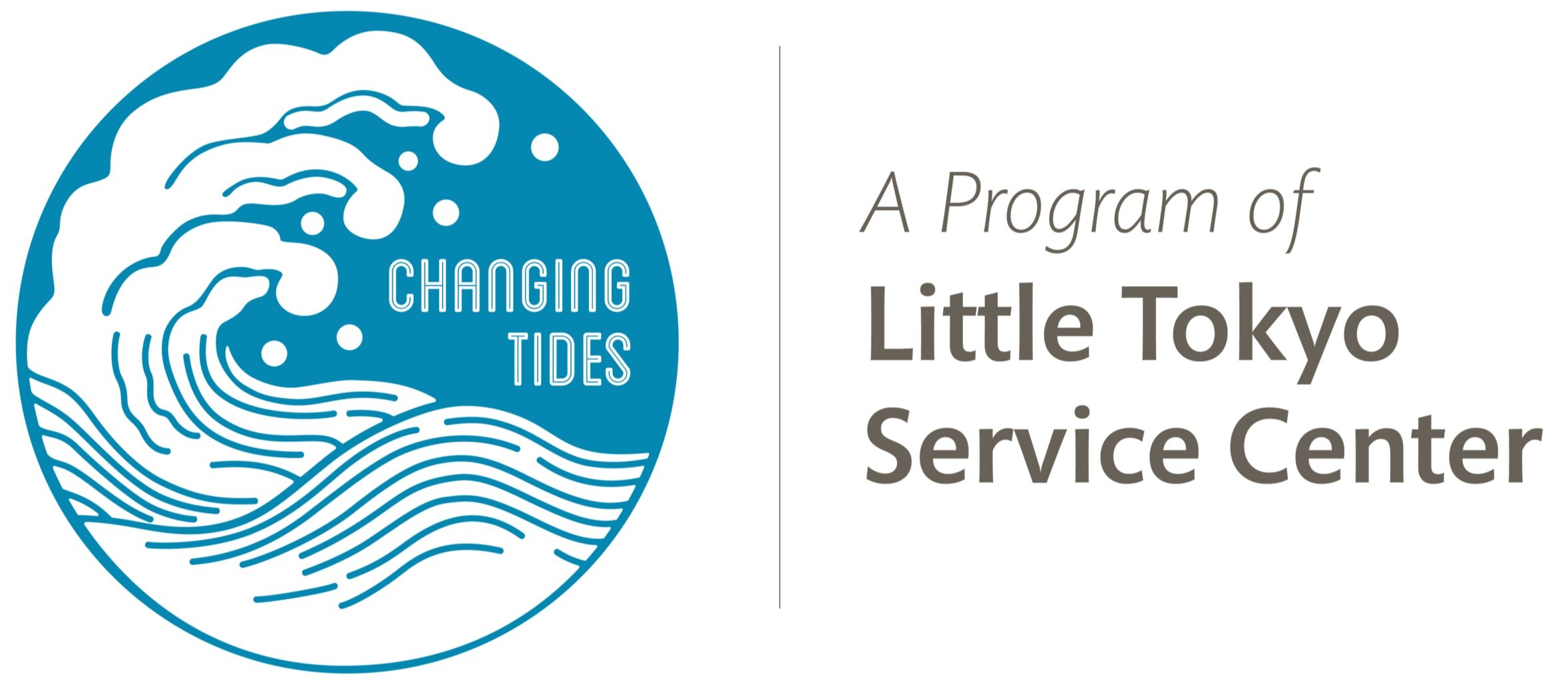"And" vs. "But"
BY DR. EMILY HU (she/her/hers), THRIVE PSYCHOLOGY GROUP THERAPIST
Sir Mix-A-Lot and I wouldn’t get along very well because as it turns out, I hate big “buts” and I cannot lie. We don’t often think about the words we use with ourselves, but (ha!) they can really make a difference. Think of all the ways “but” has kept you from doing things that are important or taking risks necessary for you to grow.
“I should try out this new hobby, but I might fail.”
"I want to talk to my parents about anti-Blackness, but they don't understand."
"I want to try activities outside of school, but I don't want to appear lazy."
"I want to tell my mom not to be so critical, but she'll say I'm being disrespectful."
“But” is conditional. It makes things mutually exclusive so that all of a sudden you can’t do one thing because it brings about something else that feels huge and intolerable. But you know what word doesn’t have the same effect?
“And”.
Think about it. It’s such a small change, and (see what I did there?) it makes a huge world of difference when it comes to flexibility and openness to trying new things, even when those things might be uncomfortable. So leave your buts firmly in chairs and ashtrays, and try out a few of these examples going forward:
“I want to eat healthier, and I won’t always be able to stick to my diet.”
“I want to connect more deeply with people, and they might hurt me sometimes.”
“I want to support BIPOC and learn to be antiracist, and the learning process will be uncomfortable.”
“I want to love myself, and I’m not perfect.”
In these troubled times, we can use every bit of self-compassion and flexibility we can get. So give it a try, and see if using “and” instead of “but” might get you one step closer to becoming the person you want to be.
*Reposted with permission by Dr. Emily Hu
